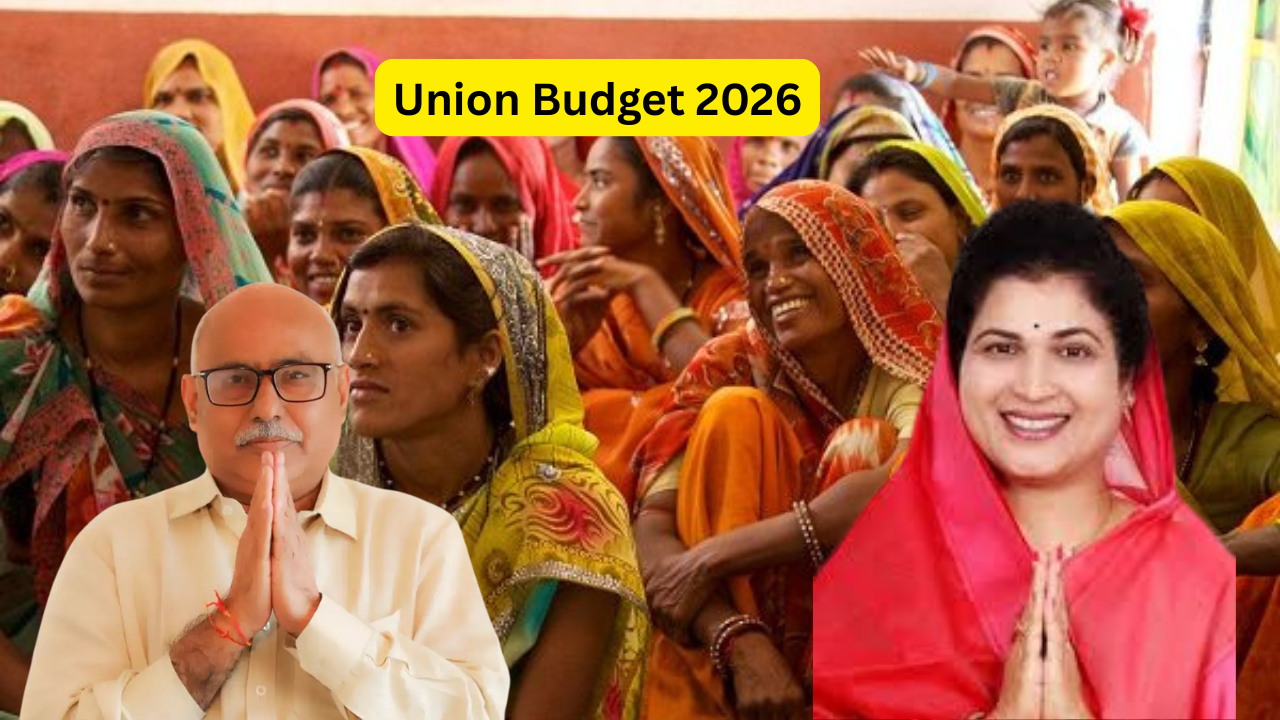Jobless growth, characterized by economic expansion without a commensurate increase in employment opportunities, is a serious concern for any economy. While GDP growth is often used as a primary indicator of economic health, the quality of growth and its impact on employment are equally important factors to consider.
One of the primary reasons for jobless growth is technological advancement and automation, which lead to labor displacement in certain sectors. Industries adopting automation and artificial intelligence may experience increased productivity without a proportional increase in employment. As a result, while the economy grows, job opportunities may stagnate or decline, leading to unemployment or underemployment.
Structural issues within the economy, such as skill mismatches and inadequate education and training systems, also contribute to jobless growth. Many economies face challenges in aligning the skills of the workforce with the evolving needs of industries, resulting in a surplus of unskilled or semi-skilled workers and a shortage of qualified professionals in emerging sectors. This mismatch impedes job creation and hampers the economy’s ability to fully utilize its human capital.
Moreover, informal employment, prevalent in many developing economies, further exacerbates the issue of jobless growth. Informal workers often lack job security, social protection, and access to formal employment benefits, despite contributing significantly to economic activity. The growth of informal employment perpetuates poverty and inequality while hindering efforts to create stable and productive jobs.
In addition to its socioeconomic implications, jobless growth poses risks to long-term economic stability and sustainability. High levels of unemployment or underemployment can lead to social unrest, political instability, and decreased consumer spending, which in turn can dampen economic growth prospects.
Addressing the challenge of jobless growth requires a multi-faceted approach that combines macroeconomic policies, targeted interventions, and investments in human capital development. Governments must prioritize policies that promote inclusive growth, enhance labor market flexibility, and invest in education, skills training, and retraining programs to equip workers with the skills needed for emerging industries.
Furthermore, fostering entrepreneurship, supporting small and medium enterprises, and promoting innovation can create new avenues for job creation and economic diversification. By adopting a holistic approach to addressing jobless growth, economies can achieve sustainable and inclusive development, ensuring that the benefits of economic growth are shared equitably among all segments of society.
For more information visit at https://happenrecently.com/zepto/?amp=1















